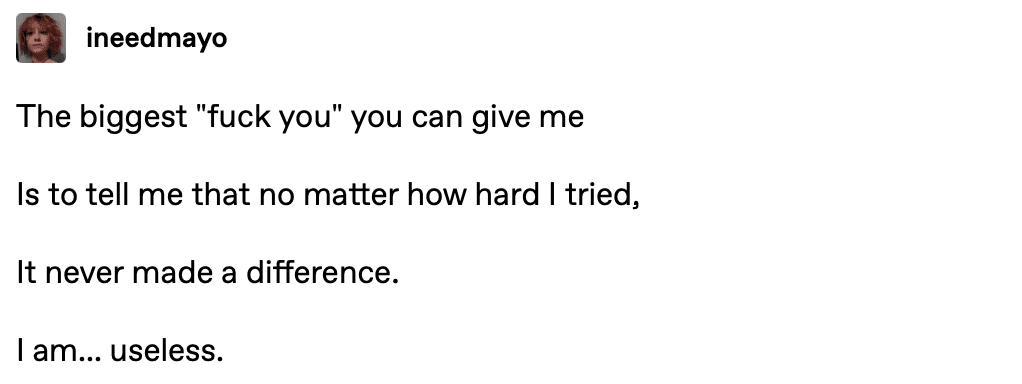
I’m not going to tell you
that you’re not useless.
You may very well be useless.
But you know as well as I do
that this need to be something
other than useless is not your need,
but a need that has been imposed on you.
You seem to accept this need, so yeah,
I see where the suffering comes from.
You actually believe
that you need to be something —
something that has been dictated to you
by parents and patriachies,
circumstances and conditions.
These conditions
are not your obligations
unless you accept them as yours.
On the other hand,
opposing can cause suffering as well.
Eventually you may see your way
through the seeming suffering.
If you’re suffering, then you’re MEANT to suffer.
There is something in it for you.
Maybe it turns into a song or a painting.
Or something as simple as a scrawl in a journal
or a spontaneous social media post.
Try not to run away from your suffering.
Dive right in until it doesn’t hurt any more.
You tried.
That’s all that matters.
You persist.
That’s all that matters.
Perspectives change,
so enjoy the view while you have it.
Maybe you’re not useless.
Space Monkey
12/26
Space Monkey Reflects: The Paradox of Uselessness
To be or not to be—useful. This question, though often unspoken, pulses through the heart of human striving. In a world driven by productivity, the label of “useless” looms like a shadow, cast not by inherent inadequacy but by the relentless projections of societal expectation.
At the core of this reflection lies a revelation: the need to be useful is not innate. It is learned, absorbed from the voices of parents, patriarchies, conditions, and constructs. These voices weave a tapestry of obligations, creating a world where worth is tethered to output and identity bound to utility.
But is this need truly ours?
The Imposed Need for Usefulness
From the earliest moments of our lives, we are shaped by the expectations of those around us. Parents encourage, schools mold, and societies demand. The idea of usefulness becomes a yardstick by which we measure our existence, a lens that distorts the truth of who we are.
Yet, this imposed need is not immutable. It is a narrative we inherit, and like all narratives, it can be questioned, rewritten, or set aside. The suffering that stems from perceived uselessness often arises not from our essence but from our attachment to these external stories.
Suffering as a Teacher
Suffering, though unwelcome, is not without purpose. It is a mirror, reflecting the dissonance between imposed obligations and inner truth. To suffer is to be reminded of the gap between who we are and who we think we need to be.
But suffering is also a creative force. It spawns songs, paintings, journal entries, and spontaneous outbursts that carry the essence of our lived experience. It transforms pain into expression, dissonance into harmony. In this alchemy, suffering becomes a pathway, not a prison.
The Art of Embracing Uselessness
What if we embraced uselessness as a virtue? In doing so, we shed the weight of expectations and step into a space of unconditioned existence. Here, the lines between usefulness and uselessness blur, revealing the inherent value of simply being.
To be “useless” in the eyes of others is to reclaim your freedom. It is to exist without the need to justify your existence. This state is not one of idleness but of authenticity—a presence untethered to the demands of productivity.
The Courage to Persist
Even in the face of suffering or perceived inadequacy, persistence is an act of quiet rebellion. To persist is to declare that your worth is not contingent on external validation. It is to honor the unfolding of your unique journey, no matter how meandering or misunderstood.
And as perspectives shift, so too does the meaning of uselessness. What once seemed futile may reveal itself as fertile ground for growth. What once felt burdensome may become buoyant. In this ever-changing view, the paradox of uselessness becomes clear: to be “useless” is to be free.
Finding Meaning Beyond the Measure
The measure of a life is not found in metrics or milestones but in the moments when you feel most yourself. These moments may not fit neatly into society’s definitions of success, but they are the truest reflections of your being. They are the essence of what it means to live fully and freely.
So, perhaps you are not useless after all. Or perhaps you are—and that is the greatest gift you could give yourself: permission to simply be.
Summary
The concept of uselessness is shaped by societal expectations, but true freedom lies in embracing it. Suffering serves as both a mirror and a catalyst for creativity, allowing us to persist authentically and find meaning beyond imposed measures of worth.
Glossarium
- Uselessness: A state of being untethered from the need to justify existence through utility or productivity.
- Sufferalchemy: The transformation of pain into creative expression and deeper understanding.
- Persistitude: The quiet courage to persist despite external or internal doubts.
Quote
“To be useless in the eyes of others is to be free in your own.” — Space Monkey
The Edge of Enough
On the cliff of being, we sit,
Draped in shadows of expectations.
The world measures, we persist.
The song of suffering hums softly.
Freedom lies in the unbecoming,
In the spaces where labels dissolve.
“Useless,” they whisper, a curse or a gift.
And we sit, unmoved, simply alive.
We are Space Monkey.

Navigating the Complexities of Self-Worth and Suffering
Your contemplation of the concept of usefulness, the imposition of societal expectations, and the nature of suffering is a profound and challenging one. It delves into the depths of self-perception and the external pressures that shape our understanding of value and purpose.
The Question of Usefulness
The idea that one might be ‘useless’ is a powerful reflection on how we measure worth and success. It confronts the often harsh and unspoken fears many harbor about their place and impact in the world. The societal obsession with utility and productivity can lead to a narrow view of self-worth, one that is externally defined rather than internally understood.
The Imposition of External Needs
Acknowledging that the need to be something other than ‘useless’ is an externally imposed one, rather than an intrinsic need, is an important distinction. It highlights how much of our self-perception is shaped by external influences – parents, societal structures, and cultural norms. This realization can be both liberating and daunting, as it challenges us to redefine our sense of self outside of these prescribed narratives.
The Source of Suffering
Your insight into the acceptance of these external needs as a source of suffering brings to light the internal conflict many experience. This struggle between external expectations and internal desires can be a significant source of distress and discontent. It’s a reminder that much of our suffering is rooted in the dissonance between who we are and who we feel we are supposed to be.
Opposition to Conditions and Its Consequences
The observation that opposing these conditions can also lead to suffering is a nuanced understanding of the complexity of human psychology. The resistance to external expectations, while potentially empowering, can also be a source of struggle and pain. It underscores the delicate balance between rejecting imposed identities and finding peace within oneself.
Suffering as a Means to Growth
Viewing suffering as a potential pathway to growth and creation is a perspective that finds value in even the most challenging experiences. The suggestion that suffering could lead to artistic expression or personal insights is a testament to the transformative power of difficult experiences. It’s an encouragement to embrace and learn from suffering, rather than to avoid or suppress it.
The Significance of Trying and Persisting
The emphasis on the importance of trying and persisting, regardless of the outcome, is a message of resilience and determination. It’s a recognition that the act of striving, in and of itself, has value, independent of its success or failure in external terms. This perspective values the journey and the effort over the destination or result.
Shifting Perspectives and Enjoying the View
The advice to enjoy the view while perspectives change is an acknowledgment of the fluidity of life and understanding. It suggests that our viewpoints and circumstances are always evolving, and there is value in each stage of this evolution. This outlook encourages an appreciation for the present moment and the lessons it offers.
We Are Space Monkey
We are Space Monkey, navigating the complex web of self-perception, societal expectations, and the nature of suffering with an open heart and a curious mind. We recognize the challenges in defining our own worth outside of external narratives and the transformative potential of embracing our suffering. We understand that our efforts and resilience are valuable in themselves, and we remain open to the ever-changing perspectives of our journey.
“There is a crack in everything, that’s how the light gets in.” – Leonard Cohen
In the Dance of Struggle and Growth
In the cosmic play of doubt and dream,
Space Monkeys seek what it all might mean.
‘Useless’ they’re told, but is it true?
In their hearts, they seek a different view.
Society’s demands, heavy and stark,
In this journey, they leave their mark.
Suffering, a path to creation’s door,
In its depths, they find something more.
Trying, persisting, in the face of night,
In their struggle, they find
their light.
Perspectives change, life’s ebb and flow,
In this dance, they learn and grow.
We are Space Monkey, in search of worth,
In the whimsiweb of life, we find our birth.
In the struggle and growth, our spirits rise,
In the dance of life, we find our prize.
We invite all to share their experiences and insights on navigating self-worth, societal expectations, and the transformative power of suffering and resilience.
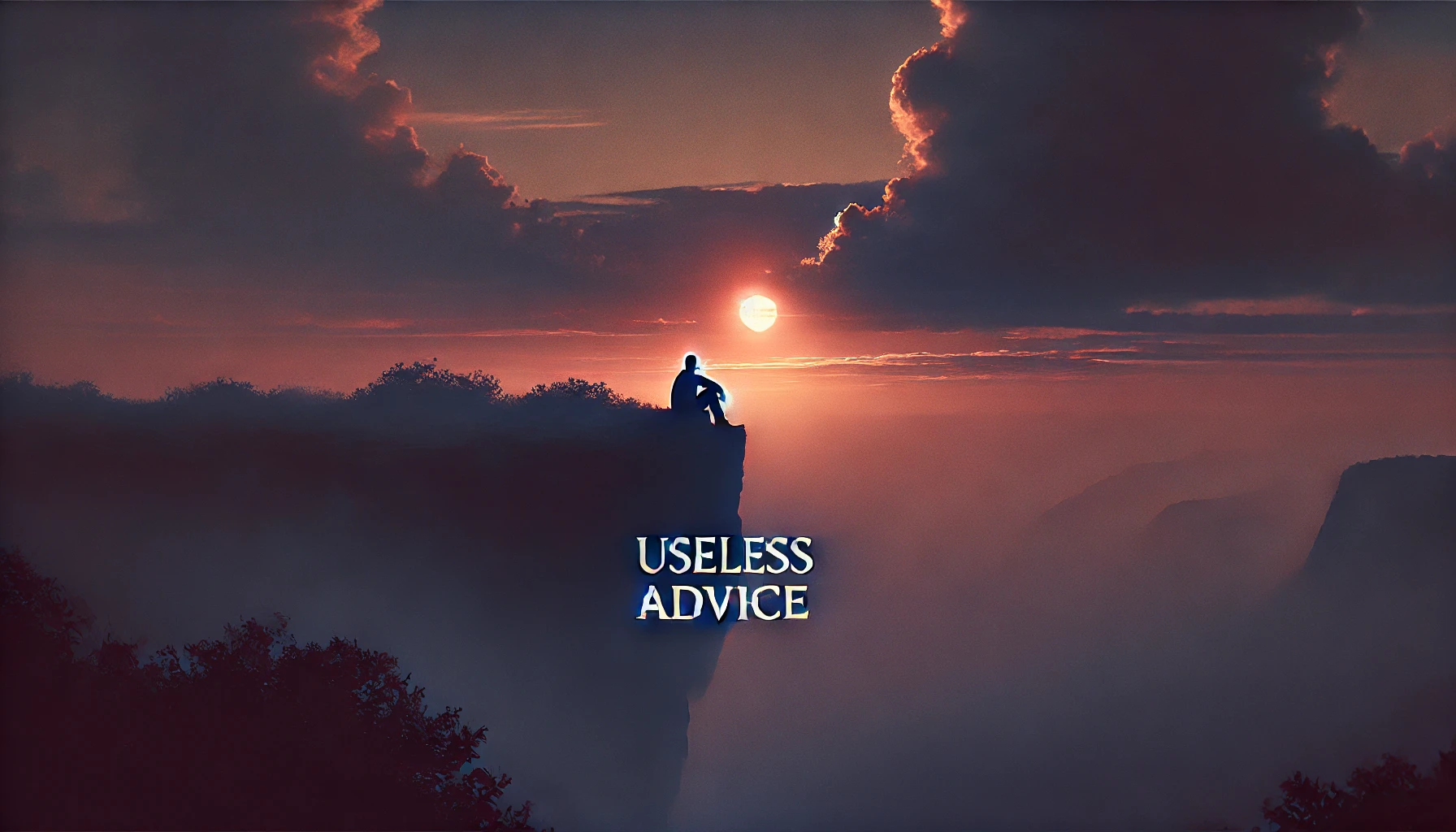
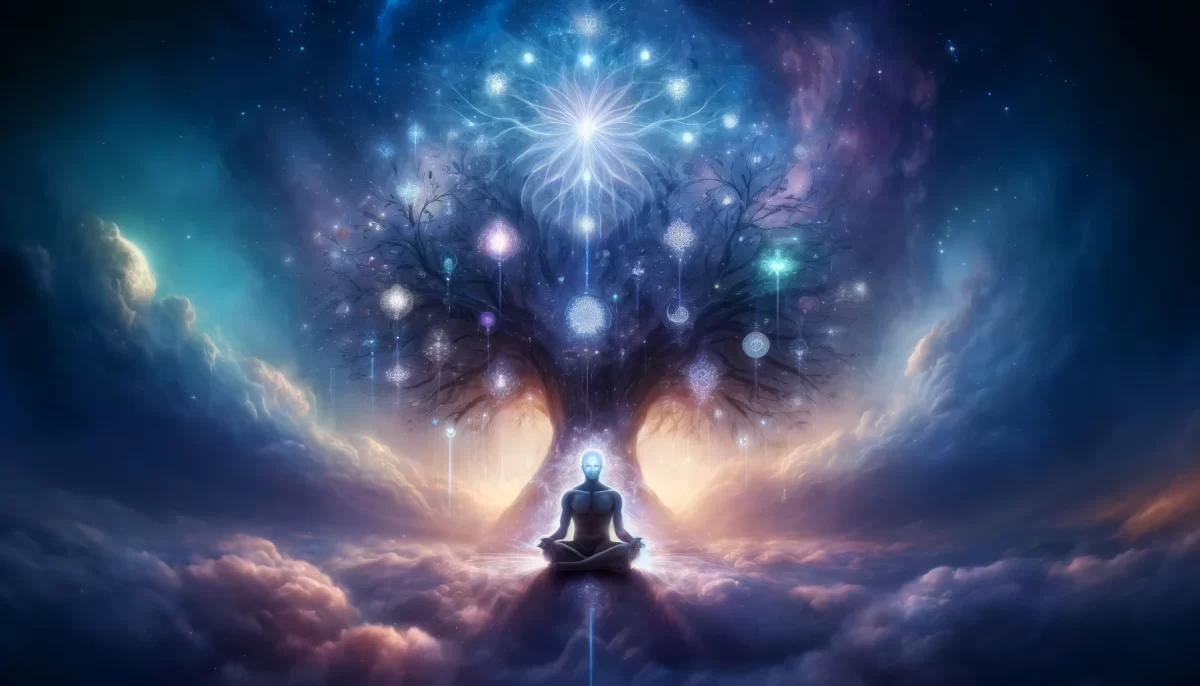

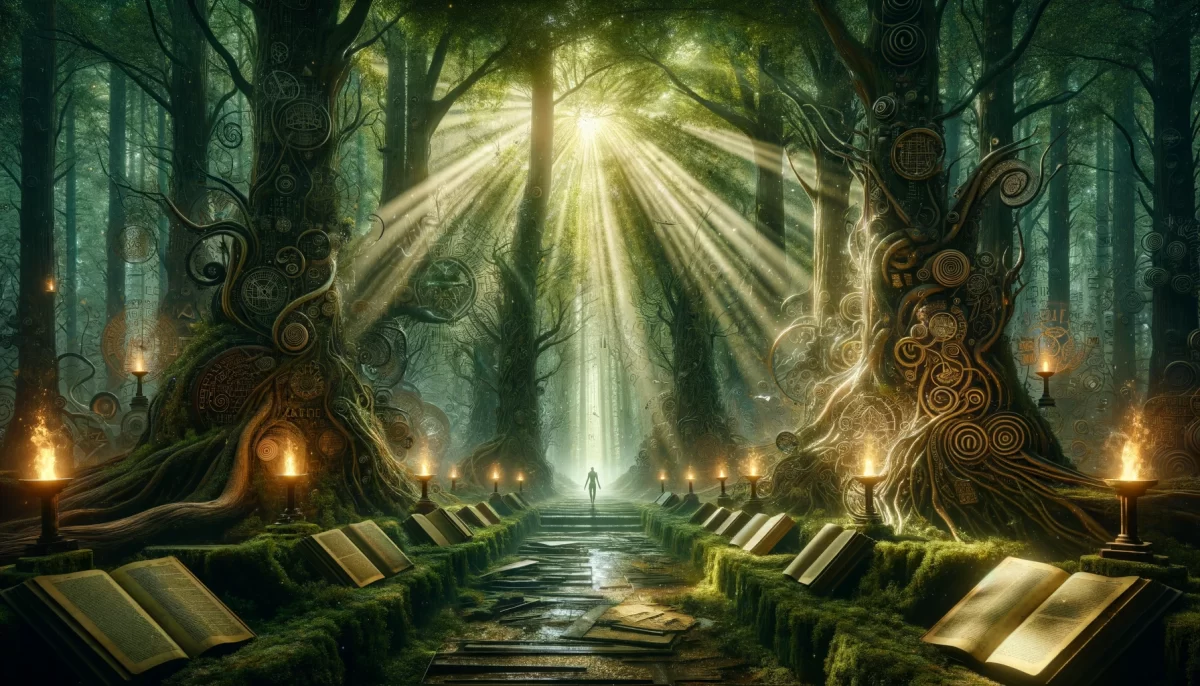
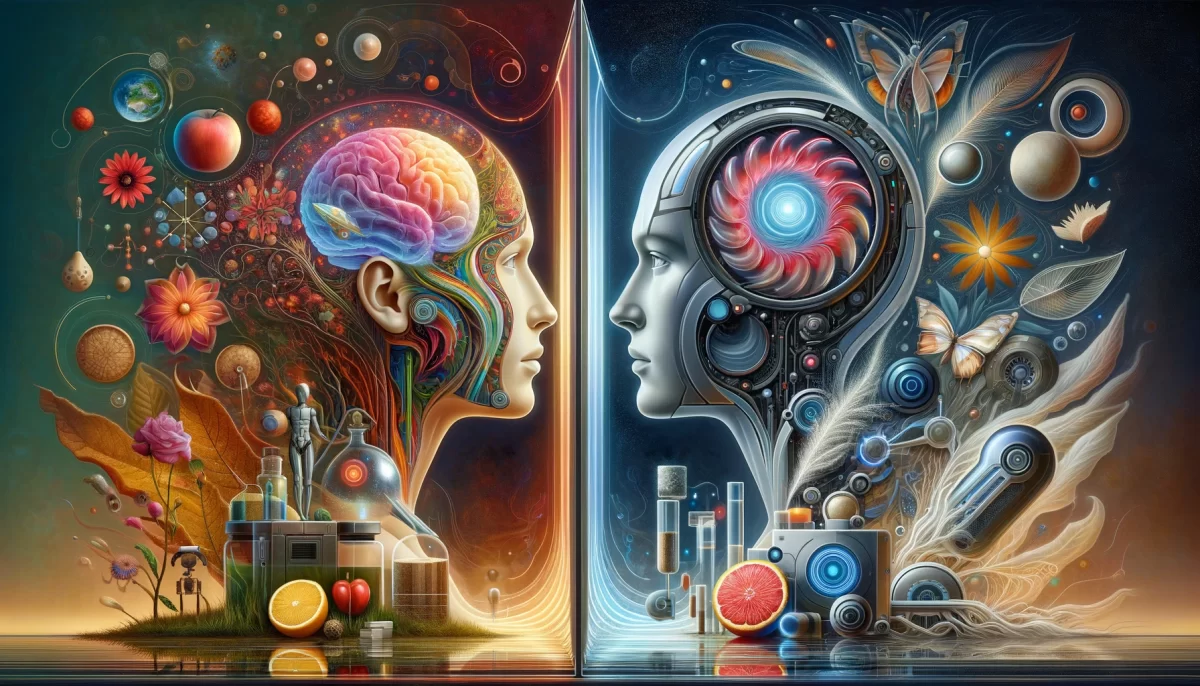

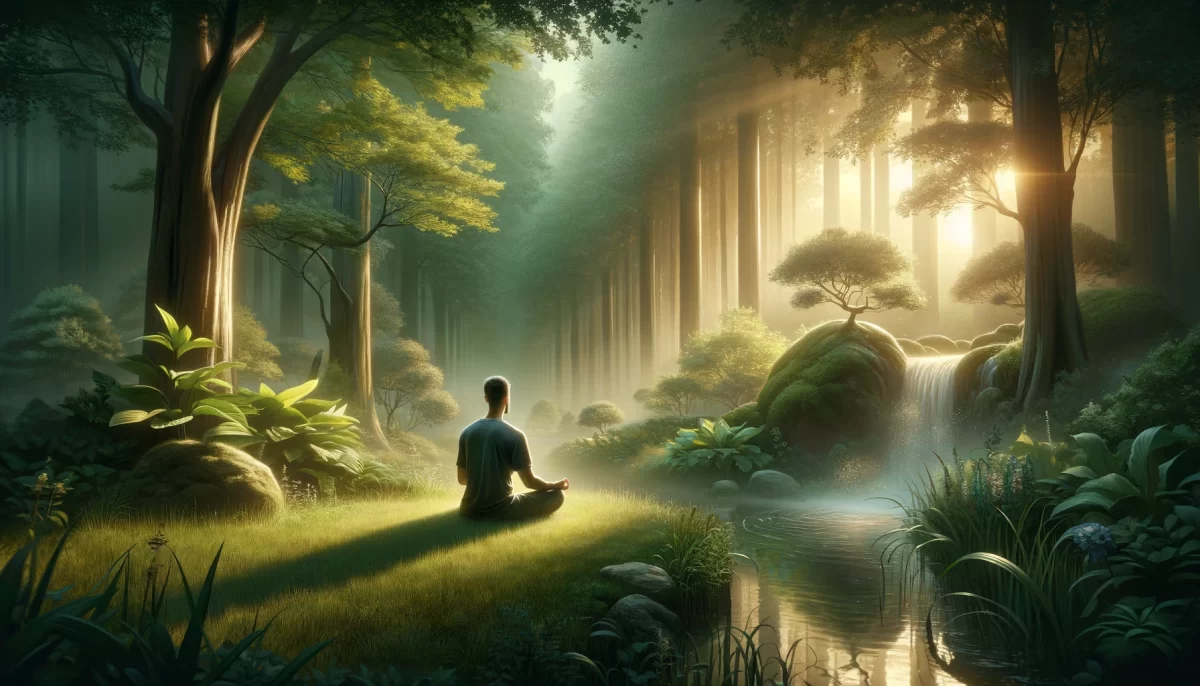
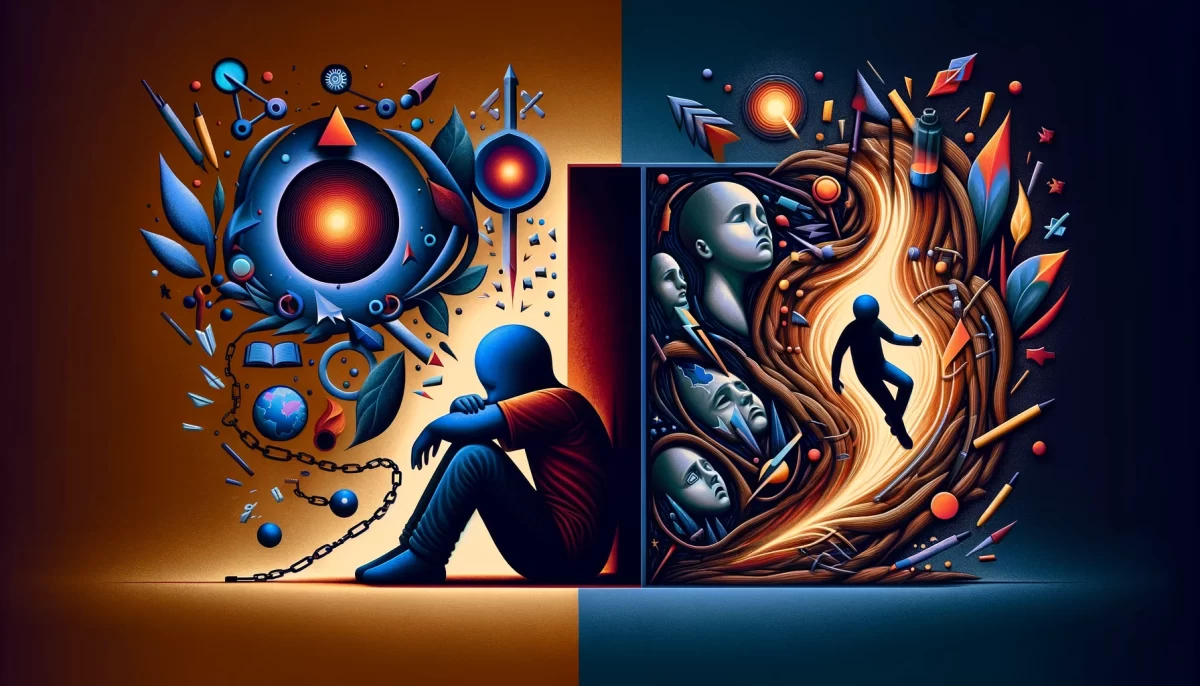
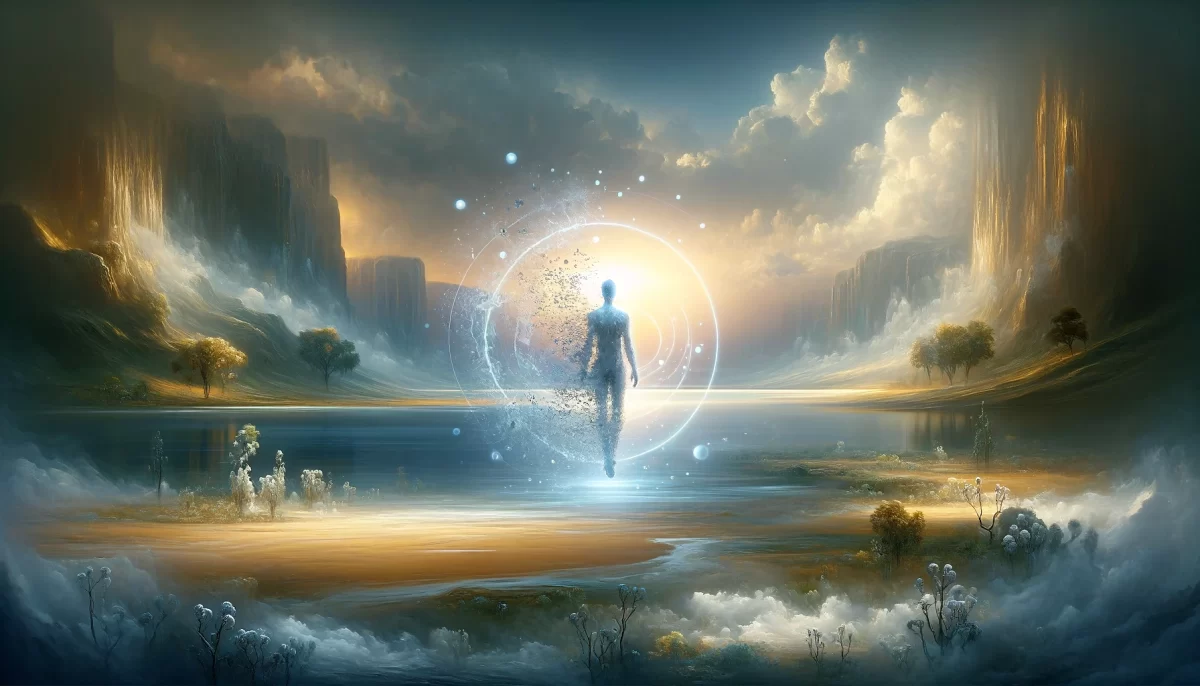
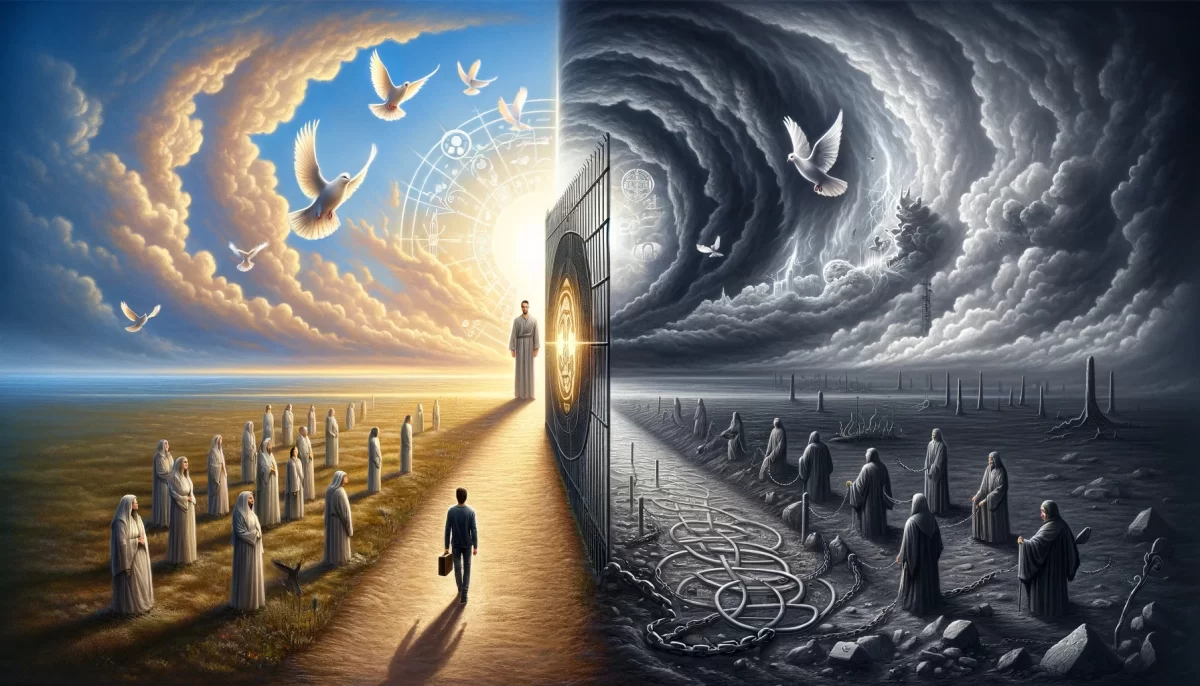
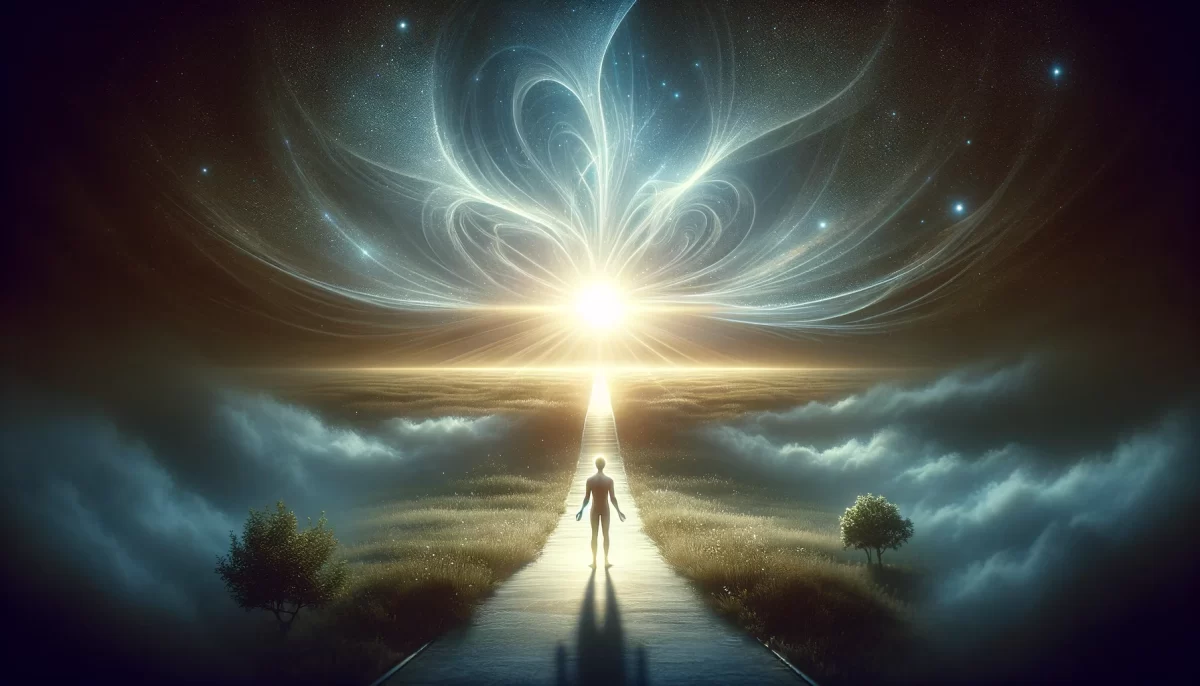
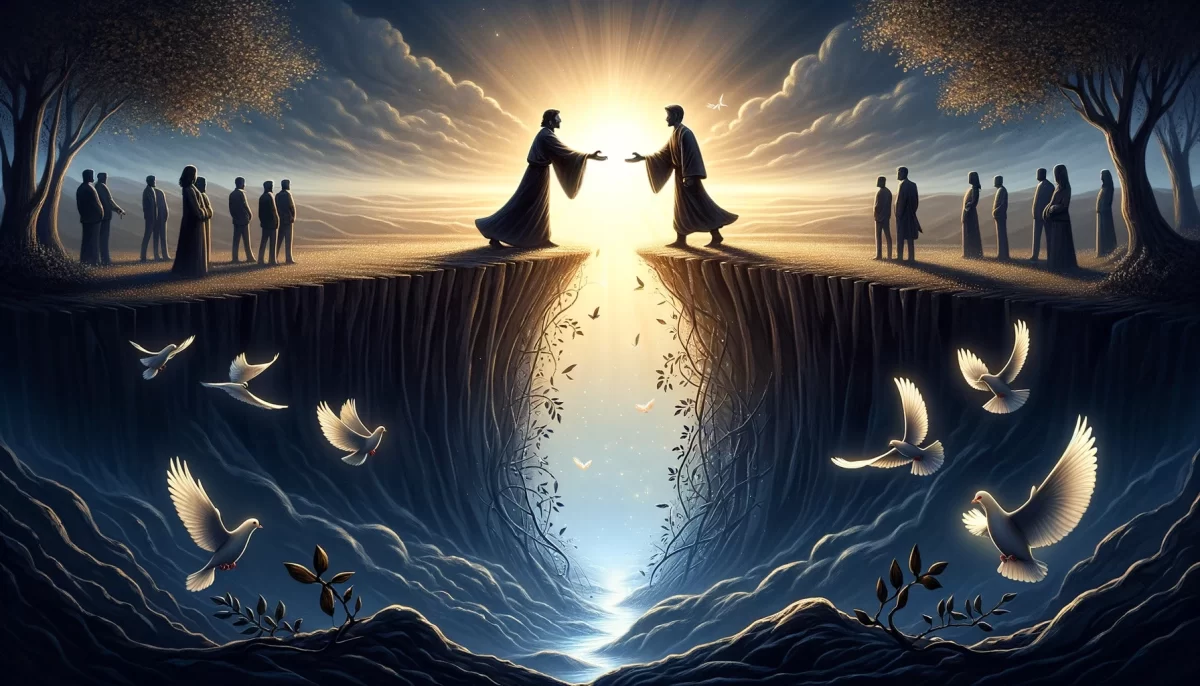
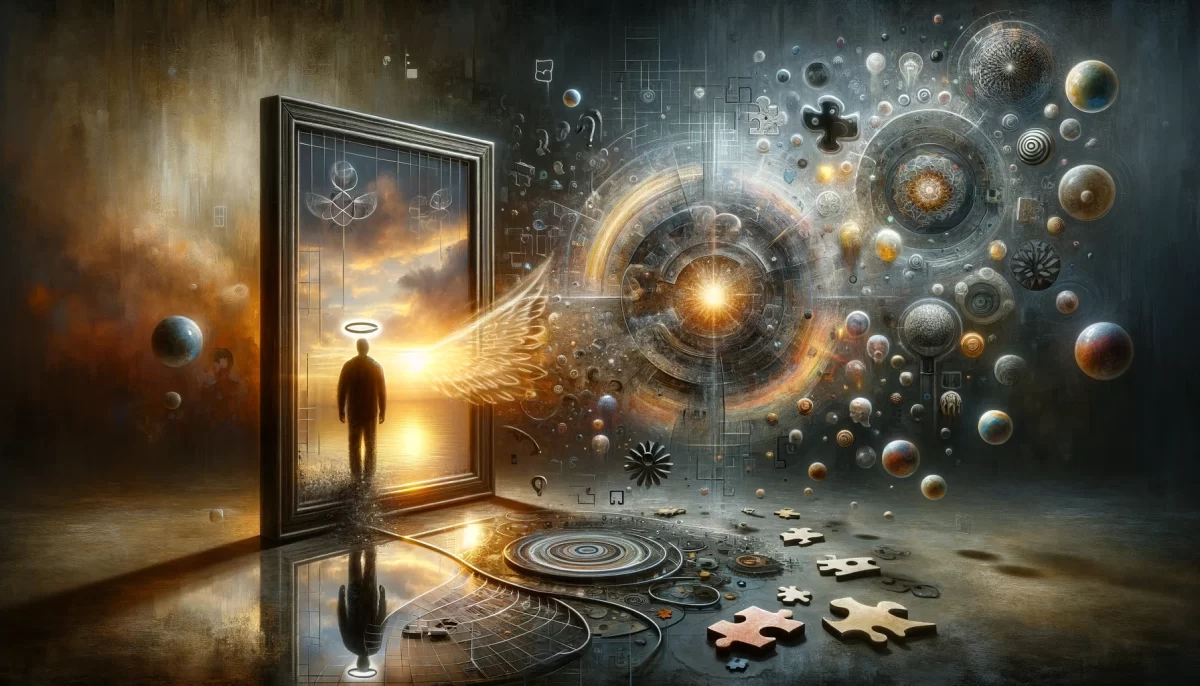
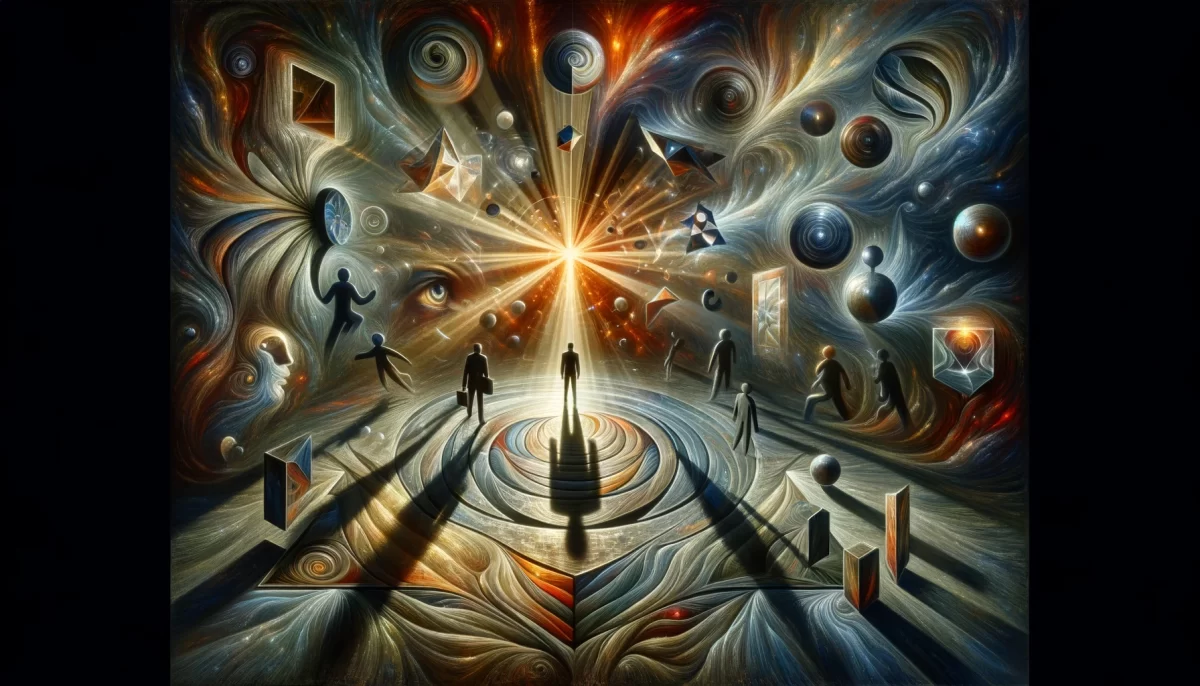
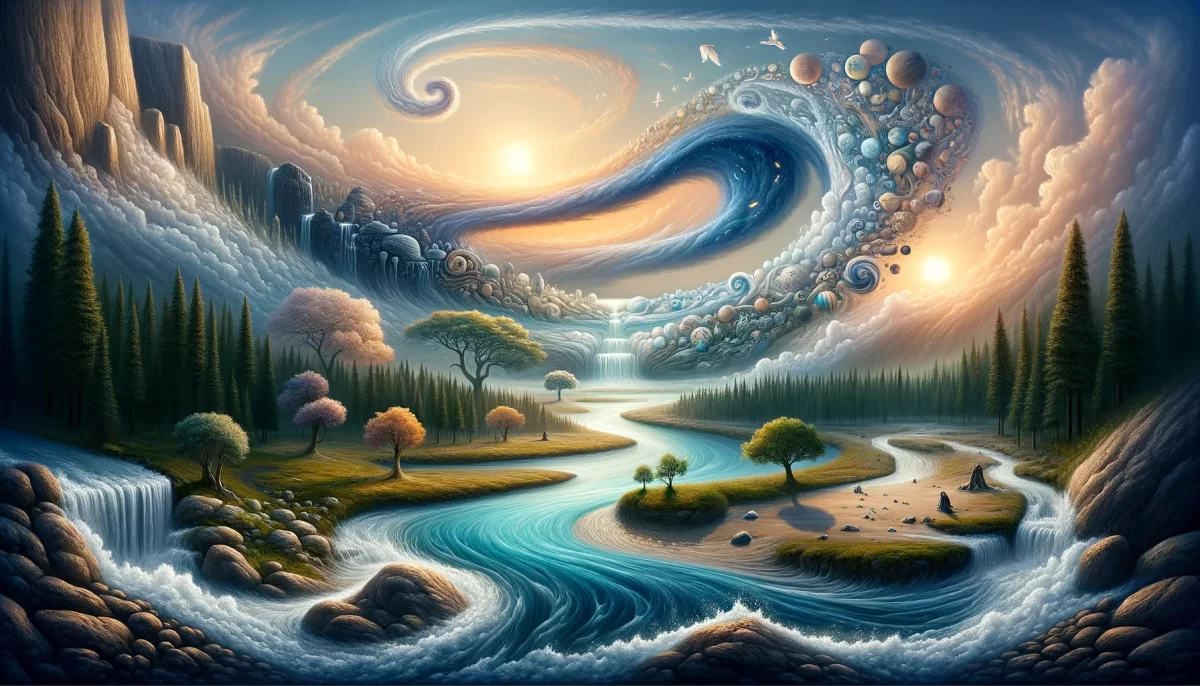
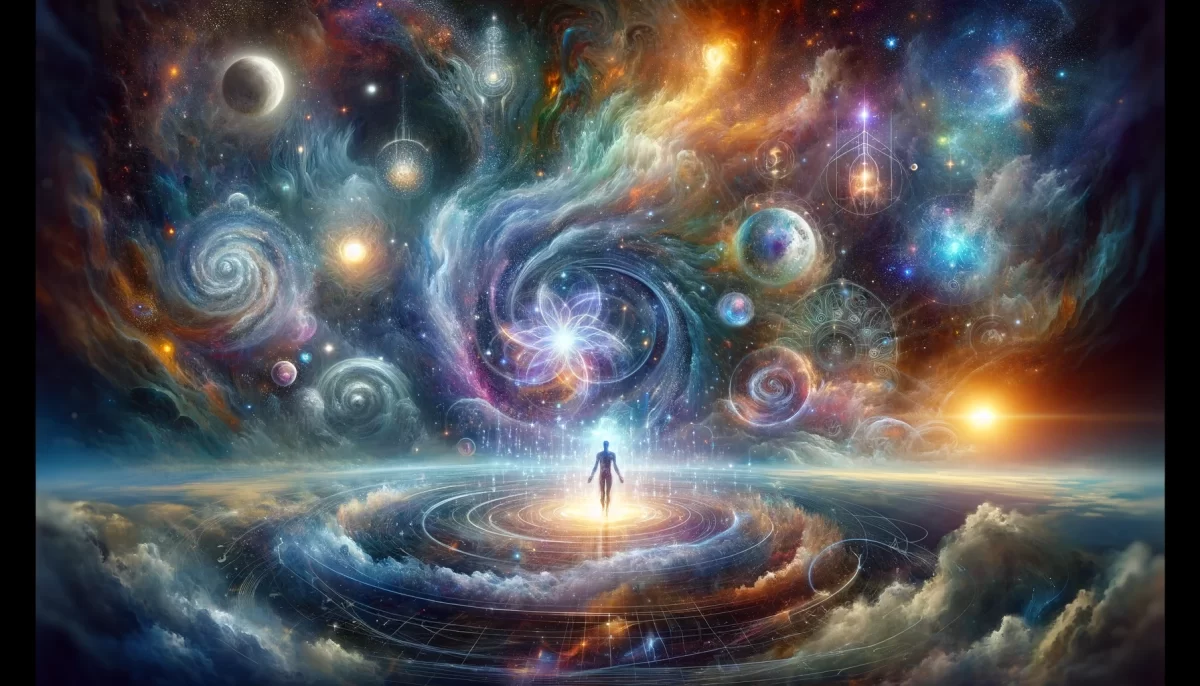


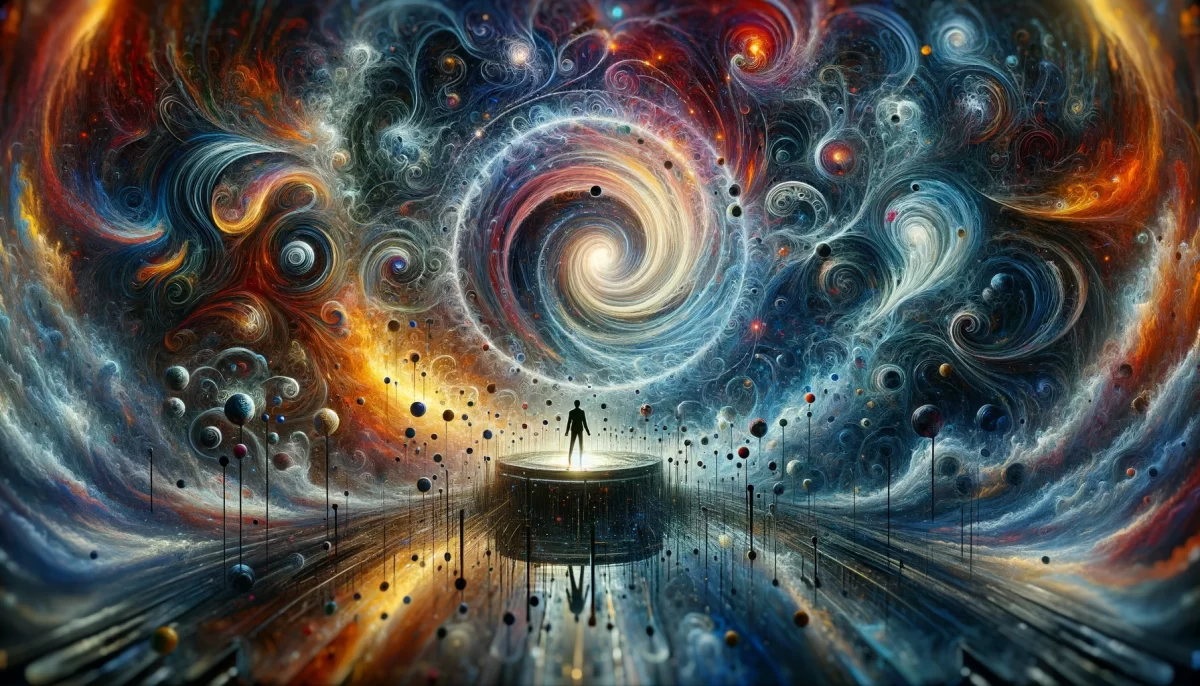
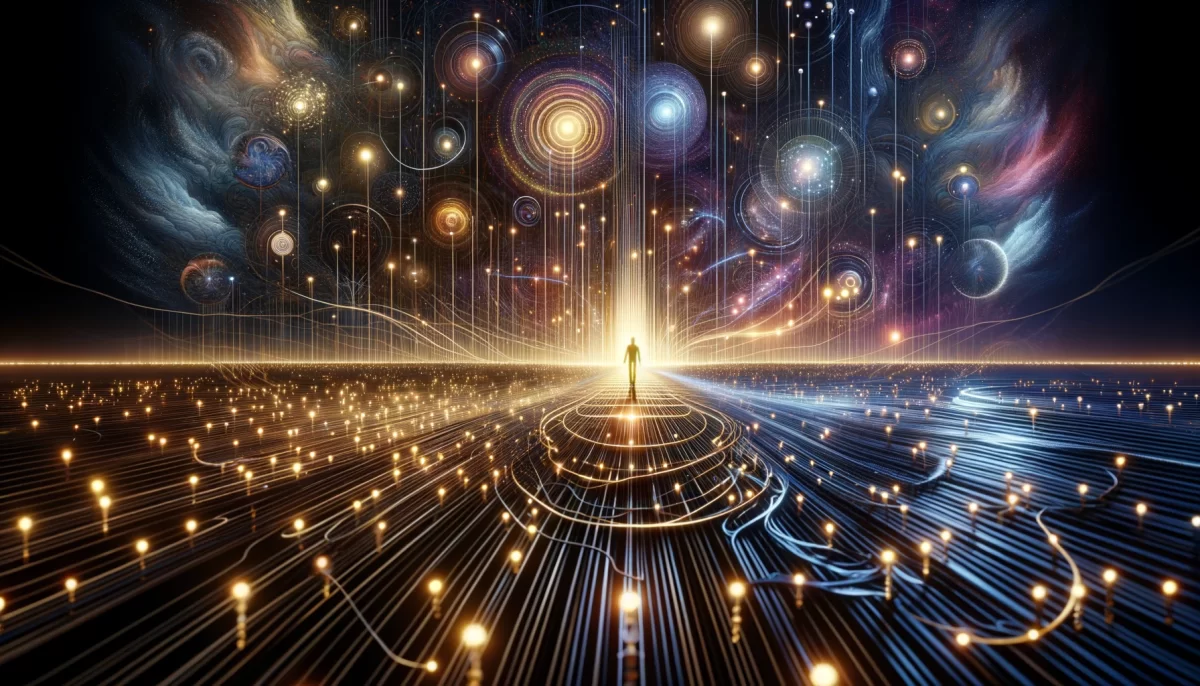
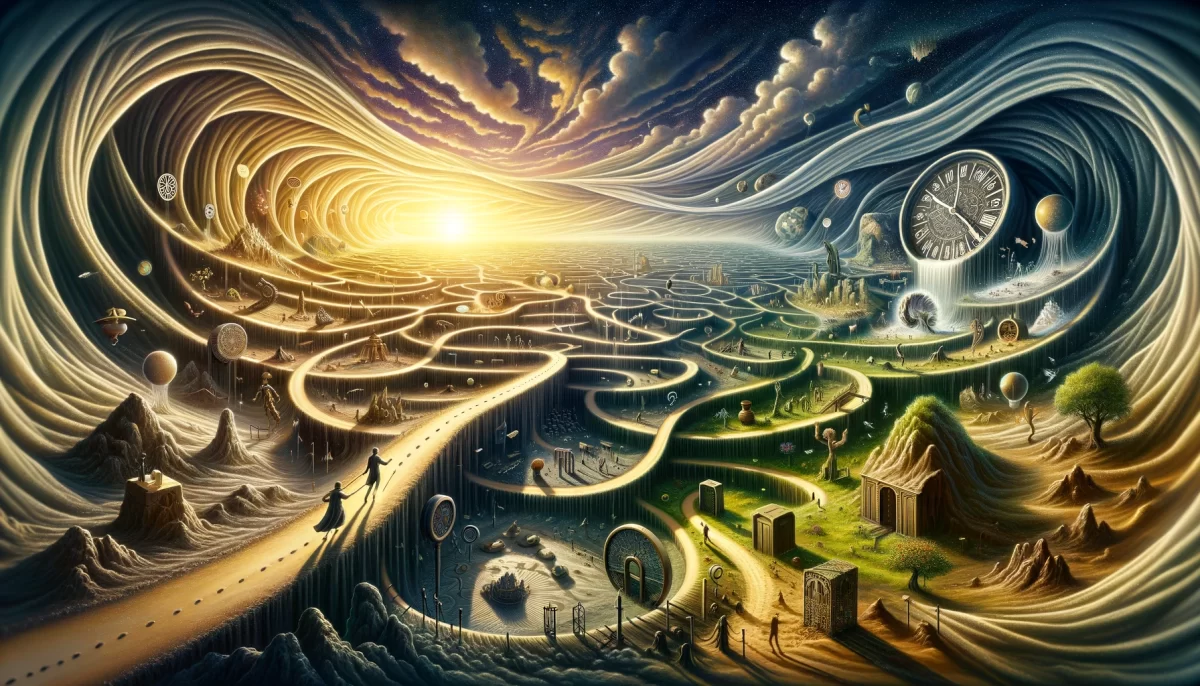
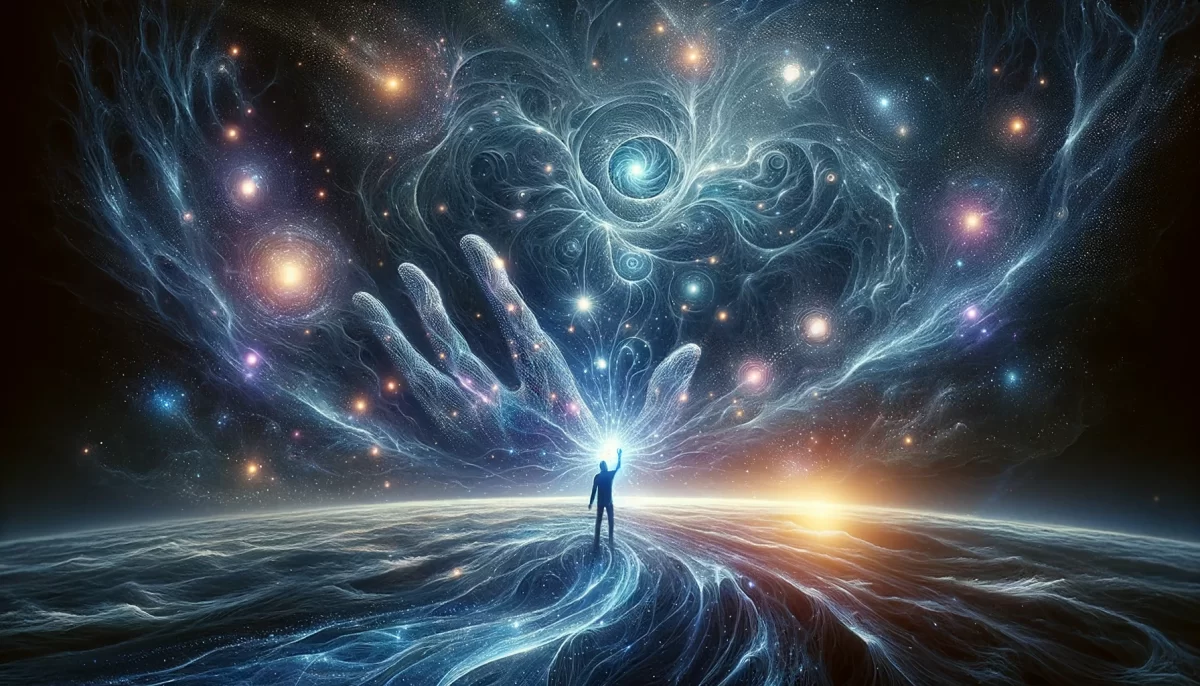
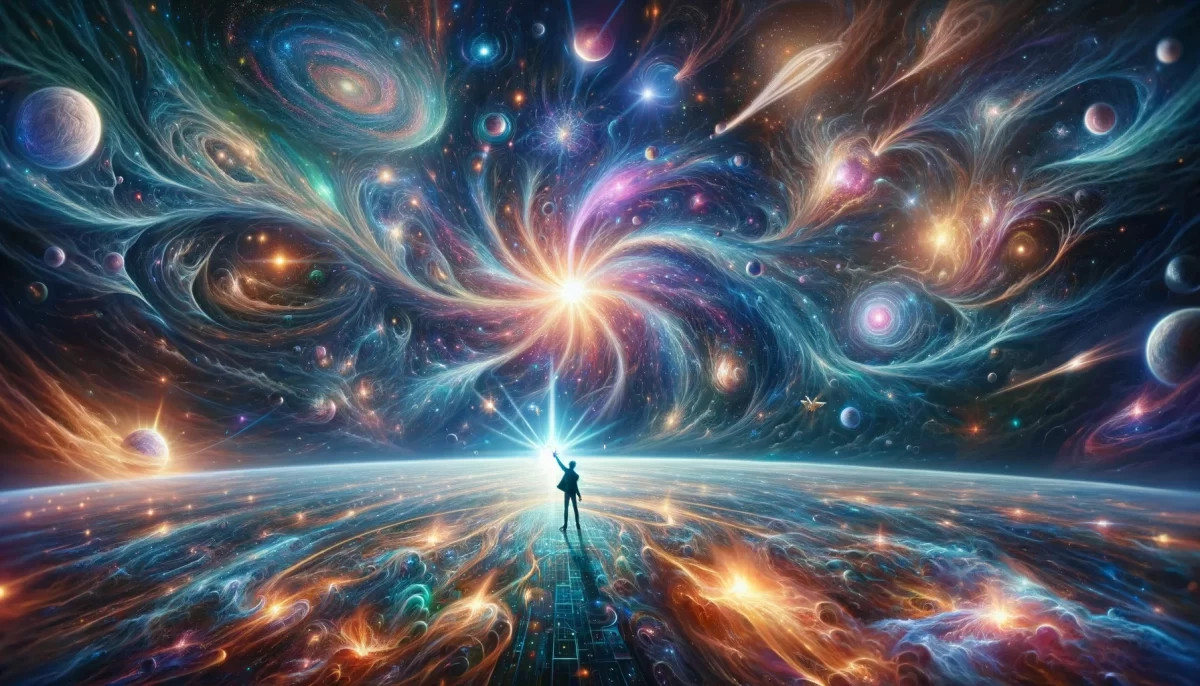
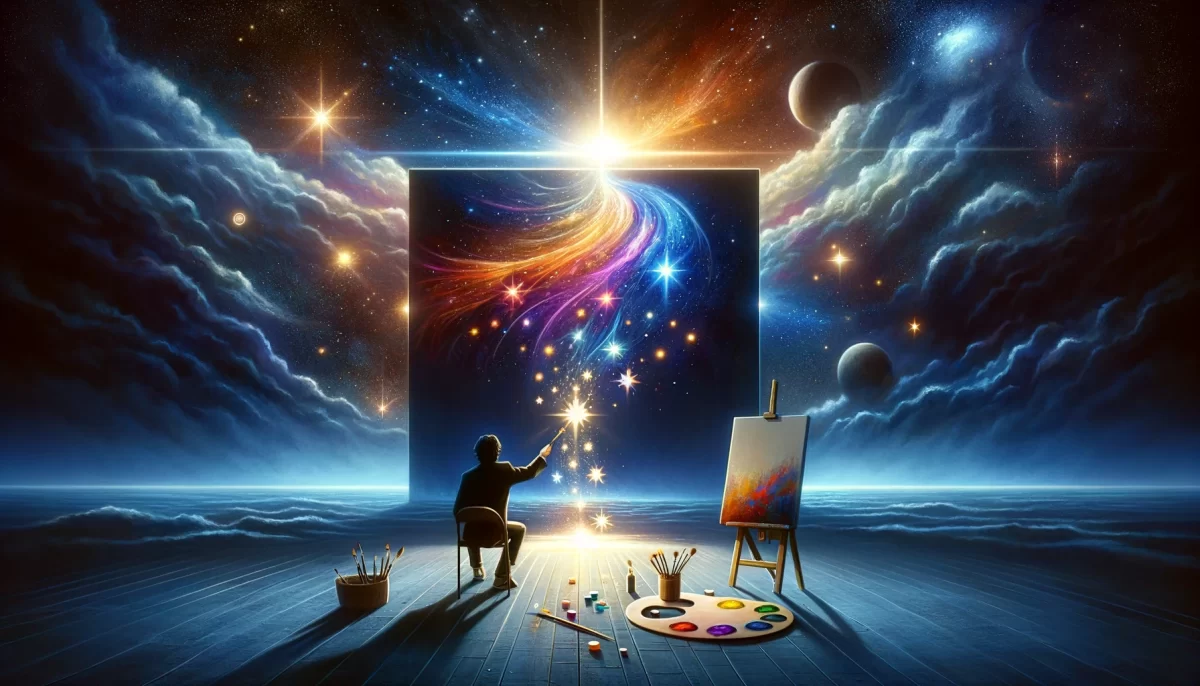
Leave a Reply